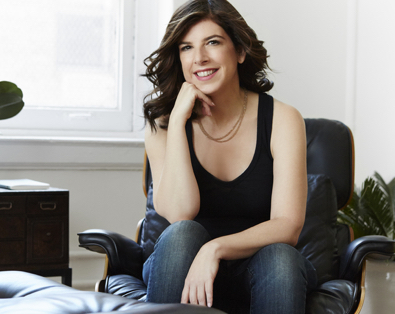Have you ever worked really hard at something, took a risk, dived in, gave it your all, did your best, knew in your heart that it was all worthwhile, and then when it was time to put it out into the world, wondered if it was any good?
I’ve experienced this with everything I’ve ever created. Whether it was a manuscript I’d written or a blog or a YouTube video or a painting I showed someone…
While working on any creative project I’m in it. It has a current of energy that carries me on its own. But once I know someone else’s eyes may see it, I can start questioning it.
Oprah said once that EVERY single person she interviewed, even the biggest stars like Beyoncé, when the interview was over EVERY single person asked her, “How did I do?”
Was I okay? Was I good? Will people like me? Will it be a success?
And what these questions all boil down to is self-doubt.
In an article in The Huffington Post, Dr. Cynthia Thalk writes:
… Most infants function at a genius level until the age of 1. When you think about their mental and emotional growth in that first year, they learn that their 10 fingers and toes are a part of them; they learn that when they cry, Mom picks them up; they learn that when Dad makes a funny face or touches them in a certain way, the sound of laughter comes out and makes them feel good; they somehow are able to decipher strange utterances into meaningful expression of language and no matter whether they fall 10 times, 100 times, or 1000 times, the thought of “it is too hard” or “I can’t” never enters their tiny minds as they learn how to walk. However, as children get older, the ability to process and absorb a tremendous amount of sensory input slows down significantly, and by adulthood there are few among us who can truly be called geniuses. This raises an interesting question: If there is truth to this decline in cognitive function, what is the cause?
Research has postulated that the steady and rapid decline in this high level cognitive function is the learned behavior of self-doubt and self-judgment, often imposed on us by meaningful parents that have taught us…
I remember thoughts placed on me by my parents who were only trying to protect me and look after me based on their own fears of me being let down.
Thoughts like, “You can’t be actress – there’s only 2% of Hollywood that make it.” “You can’t be a writer, you’re terrible at grammar.” “You can’t be a painter because you didn’t study technique.”
Each of us can remember thoughts and beliefs we picked up from our past that tells us how we can’t do what we dream of doing. And the first step to overcoming self-doubt is to become aware of them.
If we can see that how we question ourselves stems from the root of something outside of us, something that was not of our own thinking, something that came from someone else’s fears and even a desire to protect us, we see that these belief systems are not our own.
Once you identify where you learned a negative belief and picked it up for yourself, even when you agreed to carry this story—you can clear it.
HERE’S HOW:
Center yourself in your self and state out loud with your full intention:
I release and let go of all agreements, pacts, contracts, ties, attachments, and implants created by the belief system that ______________________ and I choose to replace it with _______________________ now.
In the first blank, fill in the negative belief system and, in the second blank replace the belief with a more uplifting, positive, point of view.
Allow the old belief to lift and return back to its origination, no longer held in your consciousness, and allow the new energy to operate from a more self-serving place. Focus on the light and expansion in your heart as you do this sacred process and fully intend its release.
Wishing you a beautiful new perspective and freedom from limiting beliefs!


